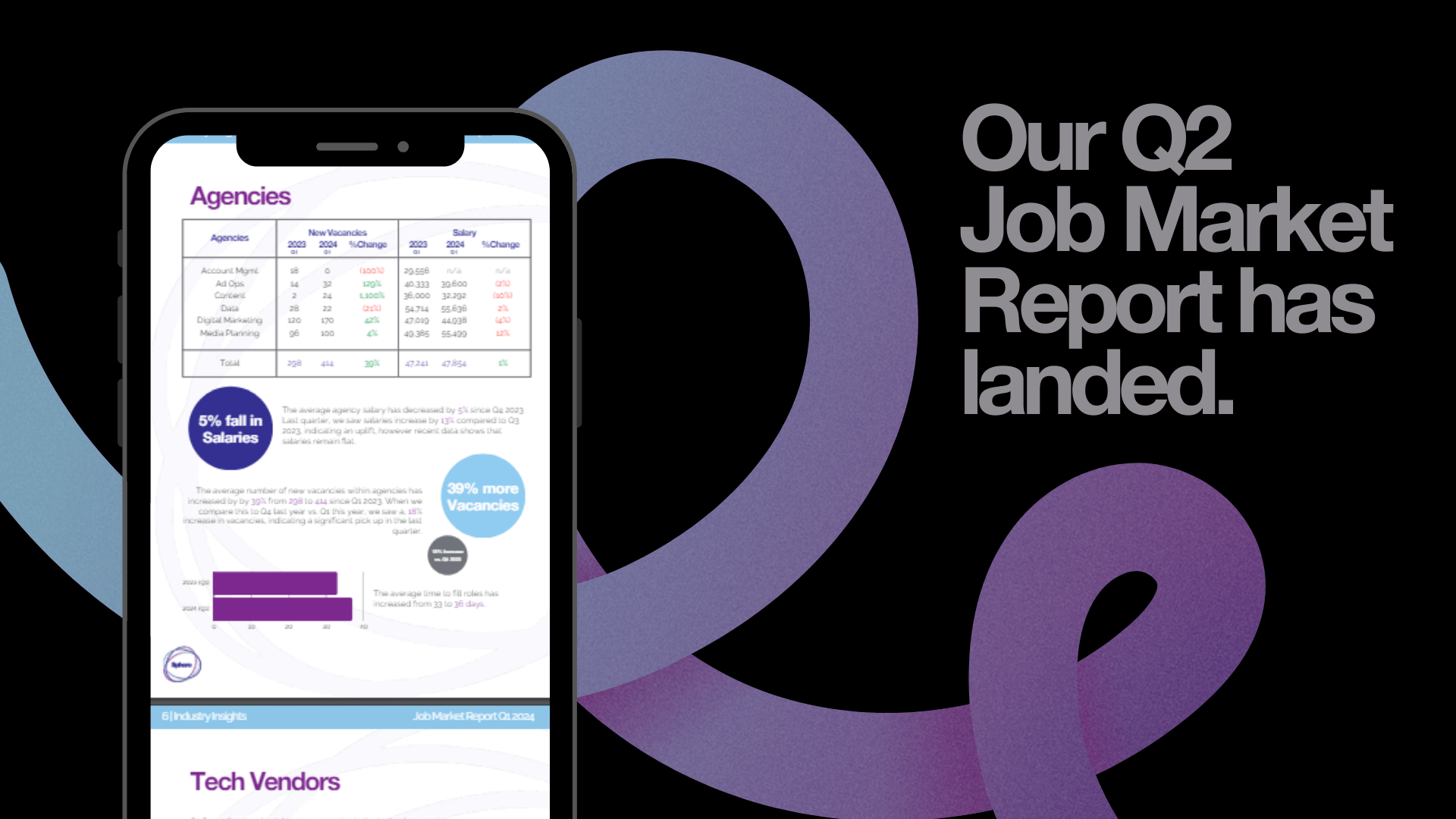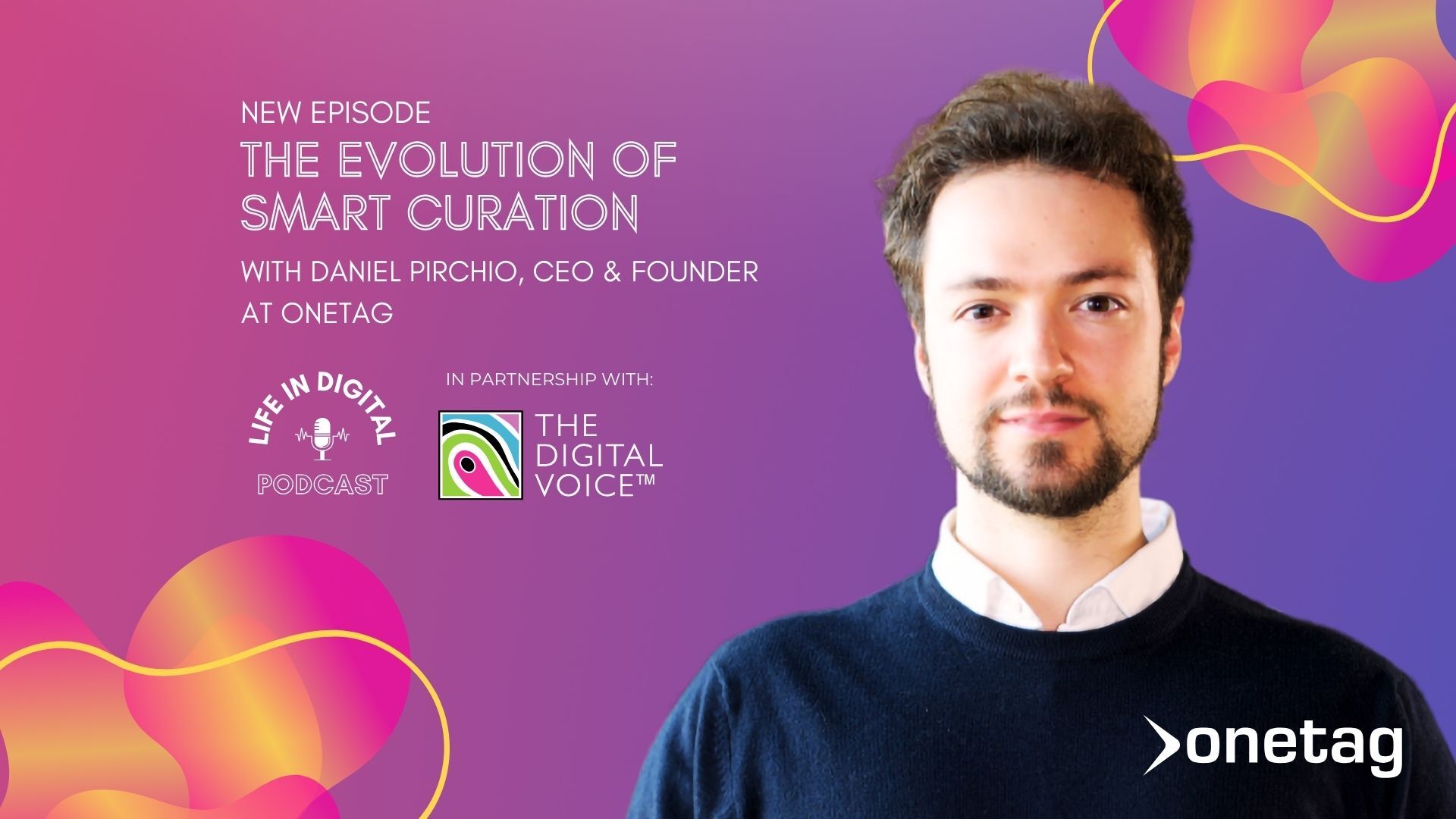An insider’s view on digital privacy with Covatic’s Sarah Lawson Johnston
19 Sept, 20235 minsToday’s episode features Sarah Lawson Johnston, Chief Revenue Officer at Covatic, a trailbla...

Today’s episode features Sarah Lawson Johnston, Chief Revenue Officer at Covatic, a trailblazer in helping media companies deliver addressable advertising while protecting personal data.
Sarah was part of the early Covatic team that, as far back as 2017, bet on privacy becoming a make-or-break issue in online advertising. Its prescience paid off: Covatic counts Bauer and Comcast among its clients and completed a US$5 million Series A fundraising in May. She was made Chief Revenue Officer of the company in 2023.
As the advertising industry scrambles to get to grips with the death of third-party cookies and increasing legislation, Sarah gives us her on-the-ground take on the state of digital privacy.
Larger companies are leading the way
Covatic’s clients are predominantly well-known media companies – publishers and broadcasters – although it also works with agencies and brands. Sarah has seen these larger organisations take the lead on privacy.
This is partly due to size: they have more resources and higher penalties if they breach legislation. However, they also recognise the reputational risk of misusing customer data.
“Large companies are aware that consumers are getting more tech-savvy. In particular, new generations are questioning how their data is used. Brands that aren't acting on privacy will lose out on reaching those audiences,” she says. “That’s why, for a company our age, we’ve got some really big clients.”
The age of privacy has arrived
It’s been seven years since GDPR, five years since CCPA in the US, and Google is phasing out third-party cookies. The age of privacy is here, but some media companies have settled into a state of inertia, according to Sarah.
“On one side, you have naysayers who insist privacy doesn’t matter, and on the other, you have those who say online advertising will no longer be as effective, or produce the same results,” she says.
Sarah advises that the trick is to balance commercial goals and customer privacy needs. To do this, media companies must ‘sell’ data collection as a value exchange: personal information for relevant advertising (which in turn paves the way for free online tools). Doing this well is down to communication.
Privacy doesn’t have to come at the expense of effective targeting or reach. Covatic, for example, builds audiences using sources such as Acorn and Experian data but also creates its own audiences for different contexts, such as if a consumer is running or driving.
The ad tech industry needs to ditch acronyms
Fintech, martech, adtech, CPC, ROAS – it is fair to say that the tech industry is fond of abbreviations, jargon and acronyms. This is a significant barrier to getting consumers to understand data privacy, according to Sarah.
“Years ago, I was on a panel at an adtech event. First on the agenda was to explain all the industry three-letter acronyms to get us all on the same page,” she recalls. “If we don't understand it, there's no hope for the consumer or the average person.”
She explains that Covatic has made communication a top priority, and when challenged to explain its product in plain English, she shares the following: “I ask people to imagine our technology as a box that sits between your mobile (or whichever device) and advertising. It blocks irrelevant ads and lets through things that interest you. Because it is encrypted, it acts as a shield to protect your personal identity.”
The drive for privacy will come from brands
If consumers consider their data to be misused, brands rather than publishers will bear the reputational damage. That is why the pressure to protect consumer privacy will be top-down from brands.
“For example, we’re working with Sky at the moment, who are giving agencies that exact brief: to target a specific audience but in a way that respects privacy,“ Sarah explains.
Targeting an audience is hard if you don't know who they are
Privacy is essential, but companies are also worried about effective targeting and reach. Sarah points out that some audiences are difficult to target; such as those who have opted out of tracking.
“For instance, there are very few (if any) solutions to help advertisers target audiences on a smart speaker. One of our clients, Octave Audio, are early adopters with Covatic, with their smart speaker solution now live. We also have a case study coming out soon, showing how Octave uses our technology to effectively reach addressable audiences via audio,” she says.
Building client relationships takes time
To wrap up, Sarah shares some advice about building client relations that could be applicable to startups in any industry.
“Covatic works with top industry names, like Bauer and Comcast. The journey to working with big organisations takes time. Talking to all the different stakeholders is the hard part; implementing the solution is easy.”
You can find the full episode and more on our Life in Digital podcast. Visit Covatic to learn more about how you can protect user privacy while maximising addressable reach.




